Regression
Early language loss in autistic children not tied to later communication problems
Many autistic children experience language regression for about three months in early childhood, but this lapse does not appear to foretell future communication issues.

Early language loss in autistic children not tied to later communication problems
Many autistic children experience language regression for about three months in early childhood, but this lapse does not appear to foretell future communication issues.
Puberty and autism: An unexplored transition
Researchers are just beginning to learn what happens in the brains of autistic children during adolescence to explain their unique social, cognitive and emotional challenges.

Puberty and autism: An unexplored transition
Researchers are just beginning to learn what happens in the brains of autistic children during adolescence to explain their unique social, cognitive and emotional challenges.
Increase in intelligence scores may not alter autism traits
People with autism show significant improvements in cognitive ability from age 12 to 23 years, but their autism traits remain stable over this time.

Increase in intelligence scores may not alter autism traits
People with autism show significant improvements in cognitive ability from age 12 to 23 years, but their autism traits remain stable over this time.
Seeing connections between autism and blindness
Autism is unusually common among people with congenital blindness, in part because the ability to see drives much of brain development.
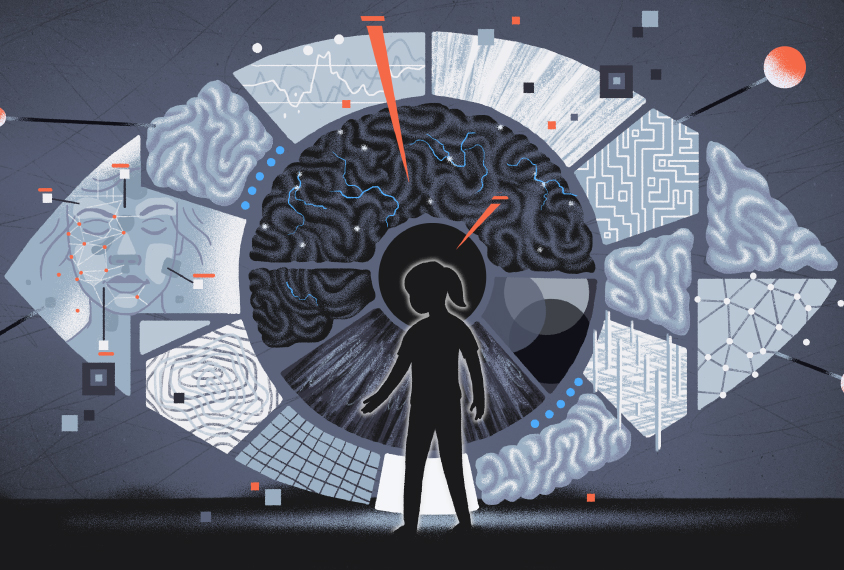
Seeing connections between autism and blindness
Autism is unusually common among people with congenital blindness, in part because the ability to see drives much of brain development.
Rett syndrome’s link to autism, explained
Studies of Rett syndrome hint at genes, cells and brain circuits that may be involved in autism — and may pave the way to treatments for both conditions.
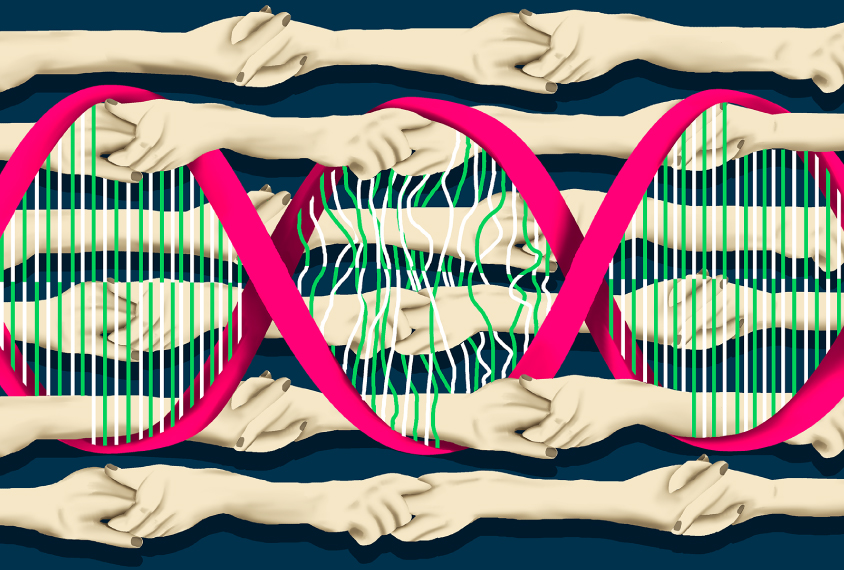
Rett syndrome’s link to autism, explained
Studies of Rett syndrome hint at genes, cells and brain circuits that may be involved in autism — and may pave the way to treatments for both conditions.
Language regression in autism tied to motor milestones
Autistic children who lose words reach key milestones earlier than autistic children without language regression.
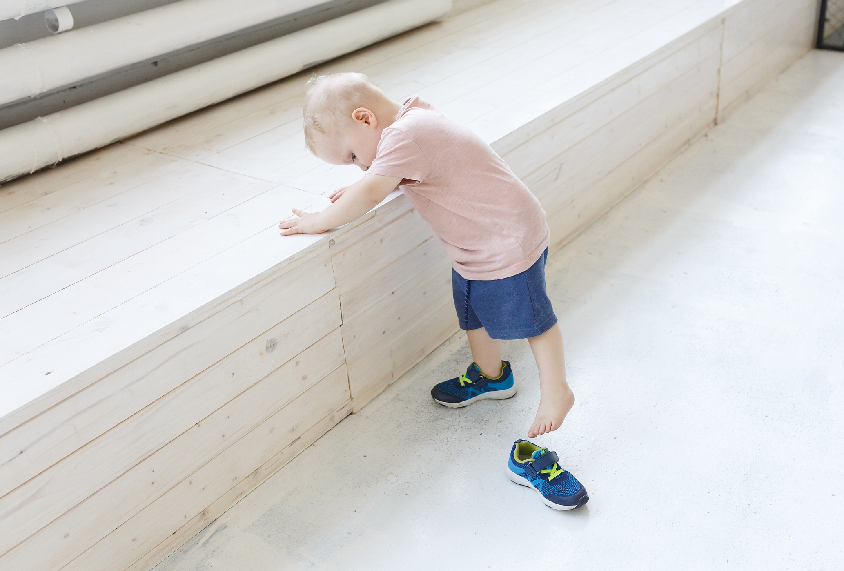
Language regression in autism tied to motor milestones
Autistic children who lose words reach key milestones earlier than autistic children without language regression.
Rapid regression distinguishes rare condition from autism
Some children who dramatically lose a range of abilities after age 2 may have a condition called childhood disintegrative disorder.

Rapid regression distinguishes rare condition from autism
Some children who dramatically lose a range of abilities after age 2 may have a condition called childhood disintegrative disorder.
Spectrum Stories: Resetting the autistic brain
Deep brain stimulation is not an approved treatment for autism but has helped some people with extreme obsessions and other severe traits. Host Ben Kuebrich investigates one success story.
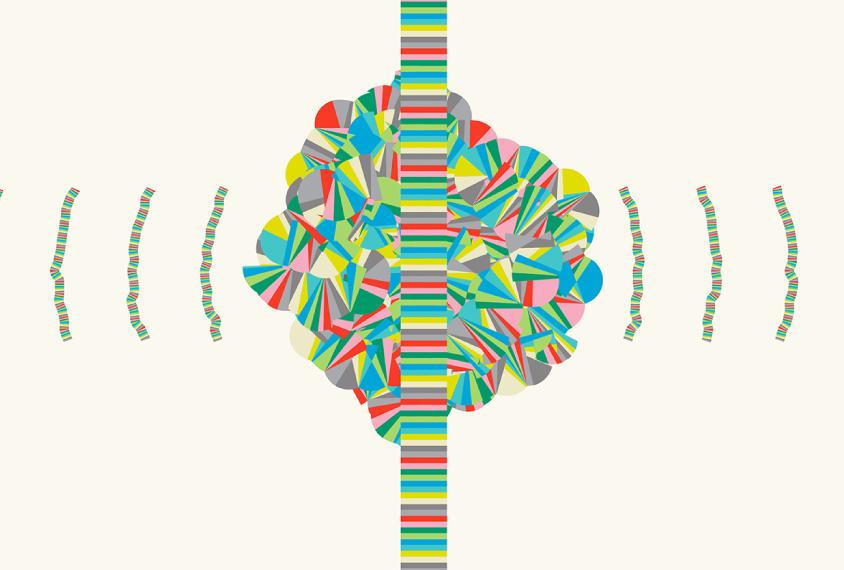
Spectrum Stories: Resetting the autistic brain
Deep brain stimulation is not an approved treatment for autism but has helped some people with extreme obsessions and other severe traits. Host Ben Kuebrich investigates one success story.
Rebooting Becky’s brain
An electrical brain implant all but erased the obsessions that had consumed Becky Audette, years after her autism diagnosis. Could similar implants help other people with severe autism?
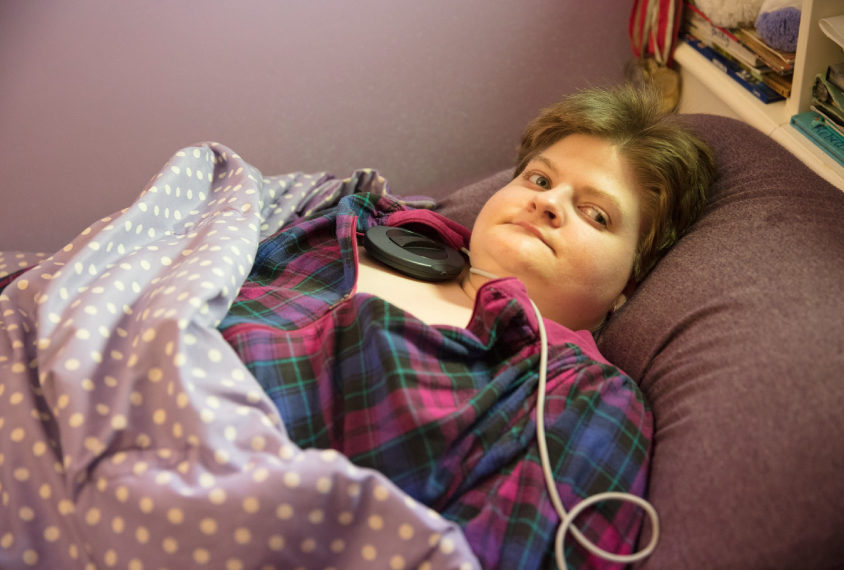
Rebooting Becky’s brain
An electrical brain implant all but erased the obsessions that had consumed Becky Audette, years after her autism diagnosis. Could similar implants help other people with severe autism?
Mutations in autism gene may trigger milder effects than does its loss
People with mutations in SHANK3 have milder features than do those missing a chunk of DNA that includes the gene.
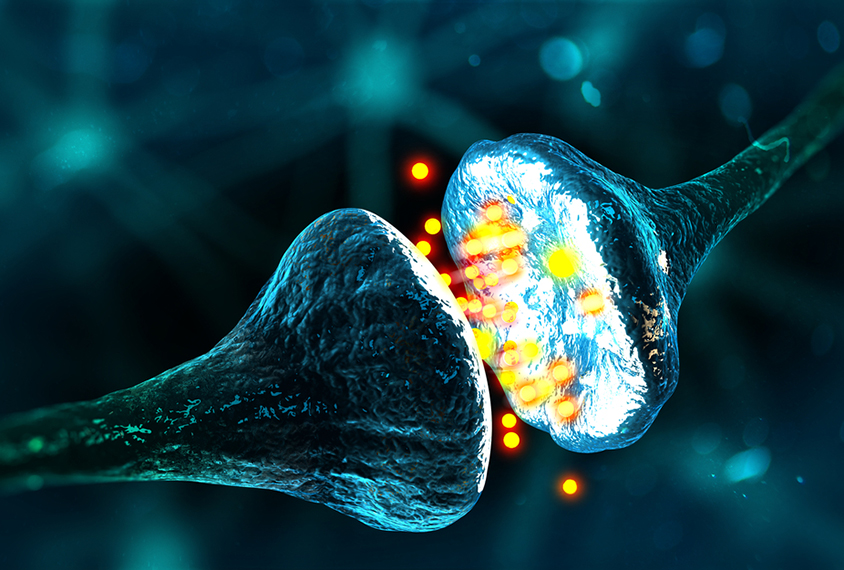
Mutations in autism gene may trigger milder effects than does its loss
People with mutations in SHANK3 have milder features than do those missing a chunk of DNA that includes the gene.
Explore more from The Transmitter
New connectomes fly beyond the brain
Researchers are mapping the neurons in Drosophila’s ventral nerve cord, where the central nervous system meets the rest of the body.

New connectomes fly beyond the brain
Researchers are mapping the neurons in Drosophila’s ventral nerve cord, where the central nervous system meets the rest of the body.
Building an autism research registry: Q&A with Tony Charman
A purpose-built database of participants who have shared genomic and behavioral data could give clinical trials a boost, Charman says.

Building an autism research registry: Q&A with Tony Charman
A purpose-built database of participants who have shared genomic and behavioral data could give clinical trials a boost, Charman says.
Cerebellar circuit may convert expected pain relief into real thing
The newly identified circuit taps into the brain’s opioid system to provide a top-down form of pain relief.

Cerebellar circuit may convert expected pain relief into real thing
The newly identified circuit taps into the brain’s opioid system to provide a top-down form of pain relief.